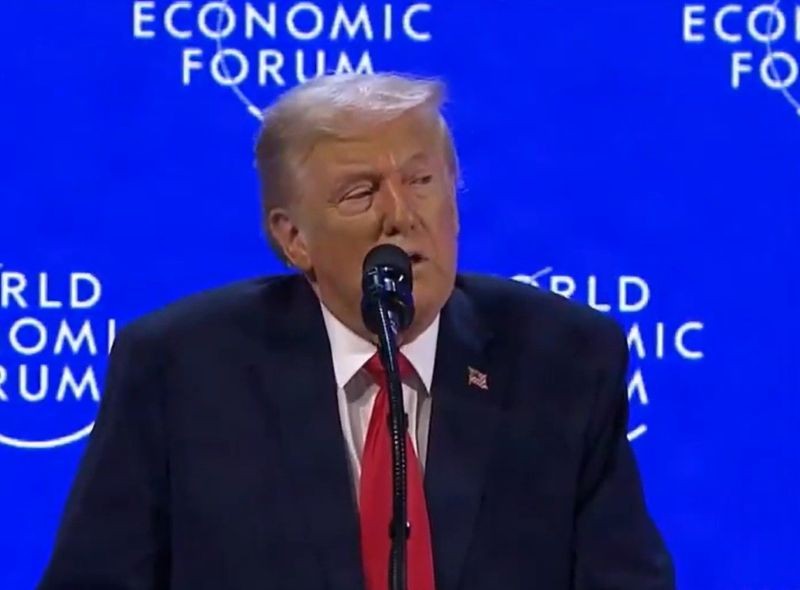'Multilateral platforms are being misused to justify, protect perpetrators of terrorism': S Jaishankar's veiled attack on China, Pak at UN
Presiding over the UN Security Council open debate on 'Maintenance of International Peace and Security: New Orientation for Reformed Multilateralism', he said: "When it comes to climate action and climate justice, the state of affairs is no better. Instead of addressing the relevant issues in the appropriate forum, we have seen attempts at distraction and diversion."
Presiding over the UN Security Council open debate on 'Maintenance of International Peace and Security: New Orientation for Reformed Multilateralism', he said: "When it comes to climate action and climate justice, the state of affairs is no better. Instead of addressing the relevant issues in the appropriate forum, we have seen attempts at distraction and diversion."
"On the challenge of terrorism, even as the world is coming together with a more collective response, multilateral platforms are being misused to justify and protect perpetrators," he said.
He said all nations are aware that the "Question of Equitable Representation on and Increase in the Membership of the Security Council” has been on the UNGA agenda for well over three decades.
"While the debate on reforms has meandered aimlessly, the real world meanwhile has changed dramatically. We see that in terms of economic prosperity, technology capabilities, political influence and developmental progress.
"The broad dispersal of capabilities and responsibilities has been expressed for example, in the emergence of the G20. That realization is now steadily percolating through the wider membership of the UN. At the 77th UNGA, we were all witness to a growing sentiment in favour of reform. Our challenge is to translate that into concrete outcomes," he said.
"The call for change has been accelerated by growing stresses on the international system that we have experienced in recent years. On the one hand, they have brought out the inequities and inadequacies of the way the world currently functions," he said.
Jaishankar highlighted that during the COVID pandemic, many vulnerable nations of the global south got their first vaccines from "beyond their traditional sources".
"Indeed, the diversification of global production was itself a recognition of how much the old order had changed," he said.
"The knock-on effects of conflict situations have also underscored the necessity for a more broad-based global governance. Recent concerns over food, fertilizer and fuel security were not adequately articulated in the highest councils of decision-making. Much of the world was therefore led to believe that their interests did not matter. We cannot let that happen again," he said.
IBNS
Senior Staff Reporter at Northeast Herald, covering news from Tripura and Northeast India.
Related Articles
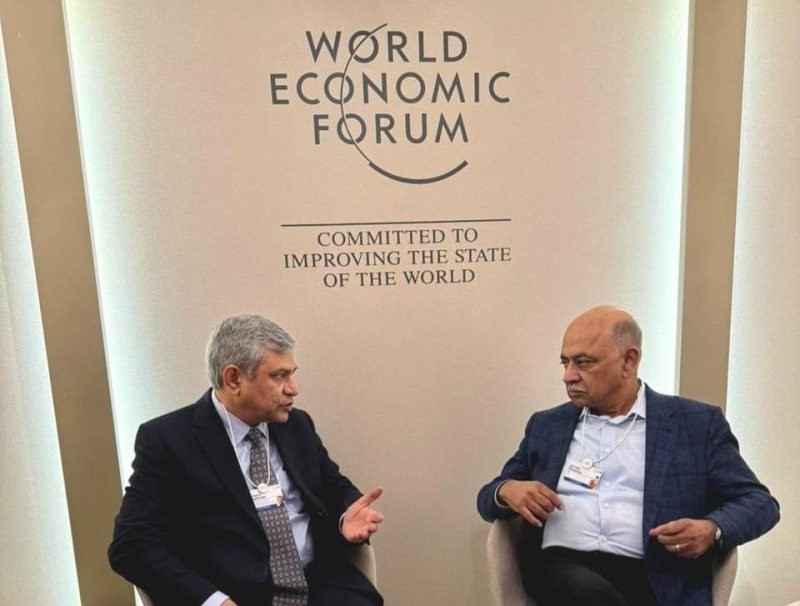
From AI to chips: Ashwini Vaishnaw unveils India’s big tech playbook at Davos
Union Minister for Electronics and Information Technology, Railways, and Information & Broadcasting, Ashwini Vaishnaw, outlined India’s ambitious and integrated strategy for artificial intelligence, semiconductors, and deep-tech innovation during multiple interactions on the sidelines of the World Economic Forum (WEF) Annual Meeting 2026 in Davos.
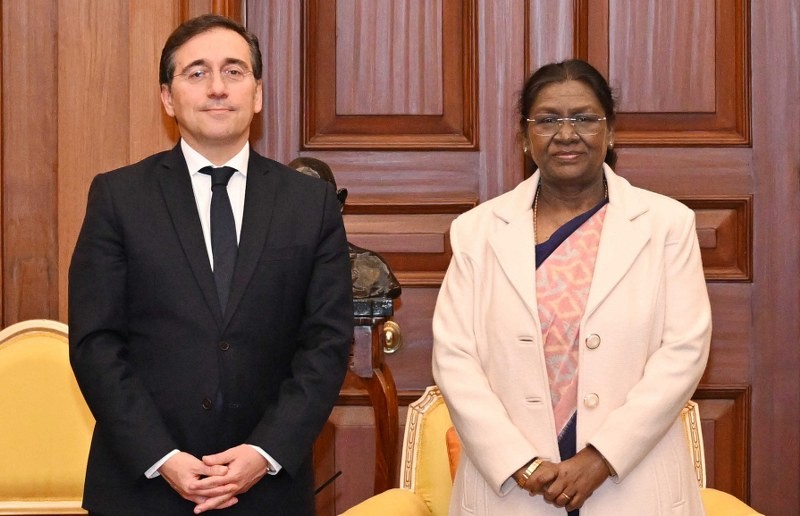
India–Spain relations in spotlight as Spanish Foreign Minister meets President Murmu
Spanish Minister of Foreign Affairs, European Union and Cooperation José Manuel Albares called on President Droupadi Murmu at Rashtrapati Bhavan on Wednesday.
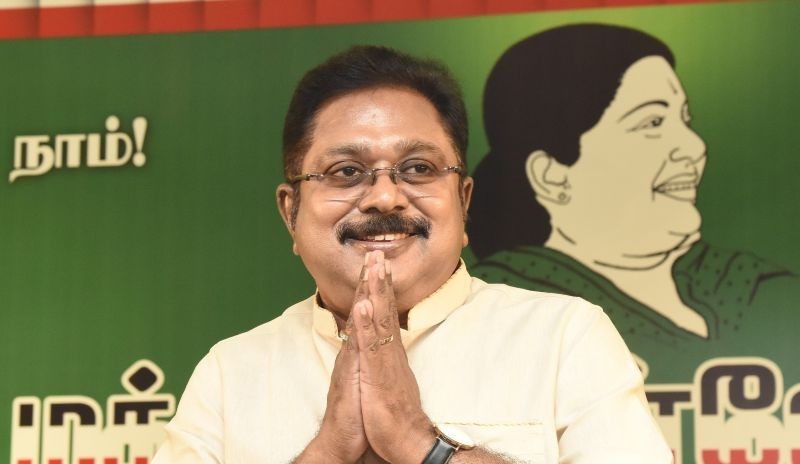
Twist before Tamil Nadu polls! TTV Dhinakaran returns to NDA after bitter exit
Chennai/IBNS: Amma Makkal Munnetra Kazhagam (AMMK) leader TTV Dhinakaran has rejoined the National Democratic Alliance (NDA) ahead of the crucial Tamil Nadu Assembly elections, media reports said.
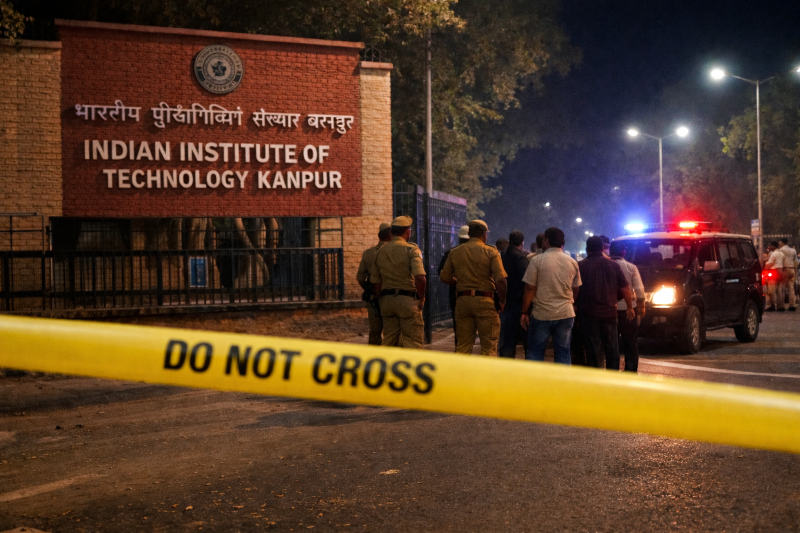
Tragedy strikes IIT Kanpur again: 25-year-old PhD scholar dies by alleged suicide
Kanpur/IBNS: A 25-year-old PhD scholar at the Indian Institute of Technology (IIT) Kanpur died allegedly by suicide on Tuesday afternoon, marking the second such incident on the campus in recent times, media reports said.
Latest News
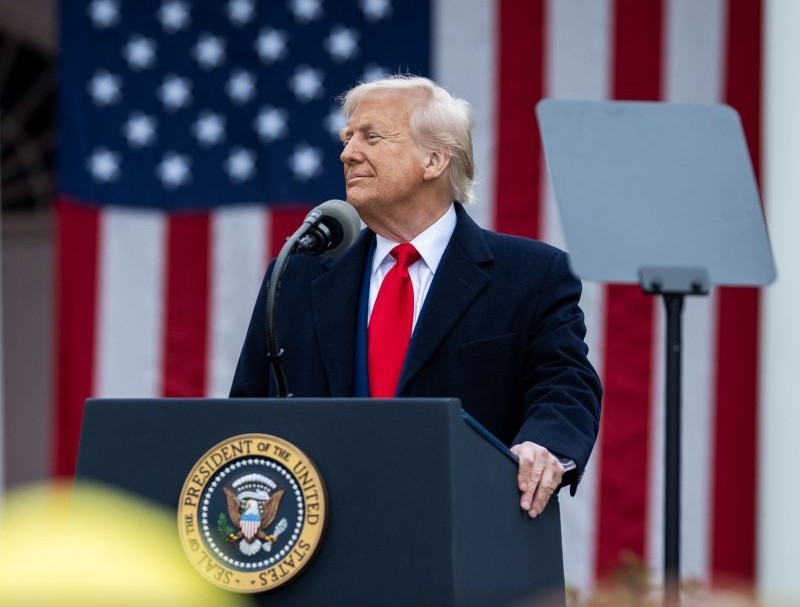
EU lawmakers freeze ratification of US trade deal amid Trump’s Greenland tariff threats

'That expression of Kiara Advani stayed with me': Influencer alleges uncomfortable flight experience with Kiara Advani
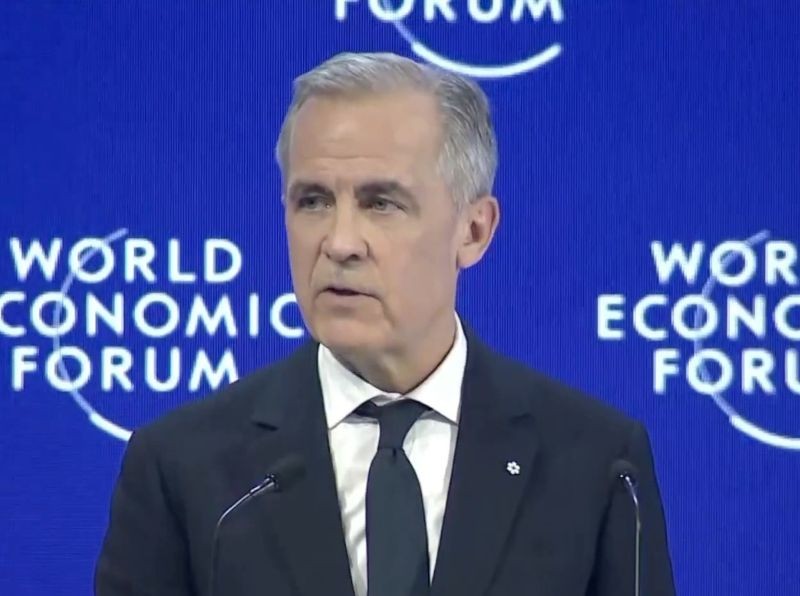
Canada PM Mark Carney warns of ‘rupture’ in US-led global order in landmark Davos speech

Police destroyed banned cough syrup bottles seized from Jirania Railway station
